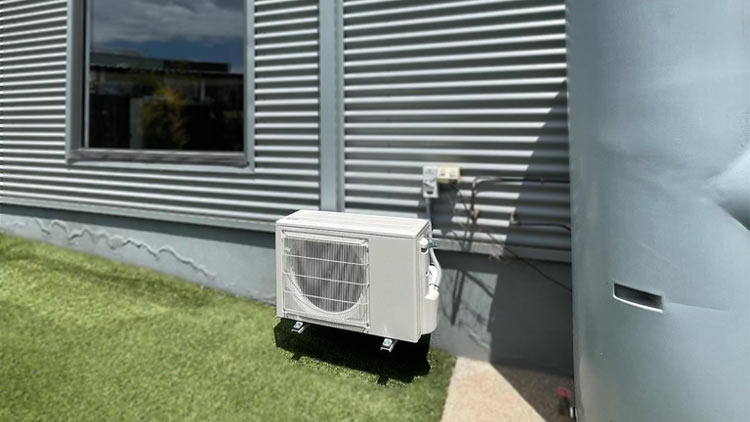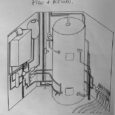Have you ever been surprised by the heat in your room in the winter and the coolness in the summer? What idea do you have when you walk into your house during a freezing, icy night of winter and find a warm “haven” and cozy daybed? Do you have a powerful air conditioner or an energy-efficient one that works wonders during a blasting hot summer day? You must have heard about heating and cooling systems, but have you given them some thought regarding the science involved, the factors to consider while purchasing them, and their environmental footprint? Let’s tap into the hidden depths of these everyday marvels.
Through this article, one will learn what a beverage means to the earth, its types and results, as well as some of the environmental issues it brings.
The Underlying Science
On a fundamental level, the real function of your heating, ventilation, and air conditioning (HVAC) device works according to the principles of thermodynamics, fluid mechanics, and heat transfer. Well, it’s simple, though multidimensional; it is about handling heat and air flows. The main function of your HVAC system is to move the heat from inside to outside during warm seasons, to provide you with a cool environment in your home, and the reverse during cold months.
Types of HVAC Systems
There are several types of heating and cooling systems, all with their own set of advantages and disadvantages. Central heating and cooling systems, duct-free (mini-split), heat pumps, packaged heating, and air are a few to name. Selection often depends on various factors like the size and age of your home, the number of rooms, local and regional utility costs, and environmental issues.
Factors to consider
When buying a new HVAC system, there are numerous factors to mull over; size and power are just the starters. Other factors include cost, energy efficiency, maintenance needs, and the manufacturer’s reputation. In addition, climate plays a tremendous role, as what you’ll require in a hot and humid climate will be entirely different from the system needed for a cold and dry climate.
Pros and cons of HVAC
As every coin has two sides, HVAC systems are not an exception either; they boast of their advantages and disadvantages. They lend extra warmth to your home, can be energy efficient, and in addition, all the new gadgets piloted in the area allow remote control. While the advantages of such systems are numerous, their purchase and installation costs can be on the higher side, while professional care might be essential for their efficient working, and their level of efficiency can determine how much energy they may consume.
Environmental Impact
Regardless of how comfortable HVAC systems make us, we can’t ignore the environmental impact. They draw electricity, and depending upon their efficiency, they are either more or less ‘green’. As an environmentally conscious homeowner, picking energy-efficient heating and cooling systems can substantially reduce carbon emissions.
Future Trends
Looking ahead, it is exciting to see the innovation the HVAC industry is pursuing. Efforts are focused on minimizing energy consumption via smarter, AI-directed systems and improving user-friendly features. Solar-paneled HVAC systems are also emerging, promising a future of eco-friendly home comfort solutions.
Summary
In essence, your HVAC system is much more than just a box that heats and cools your home. It’s a complex combination of technology, science, and engineering that works tirelessly to keep your home comfortable. While these systems have their share of drawbacks, advancements are ongoing to minimize their impact and maximize their efficiency. As discerning homeowners, understanding these systems will not only satisfy your curiosity but will also assist in making informed decisions when it comes to your home’s heating and cooling needs.


